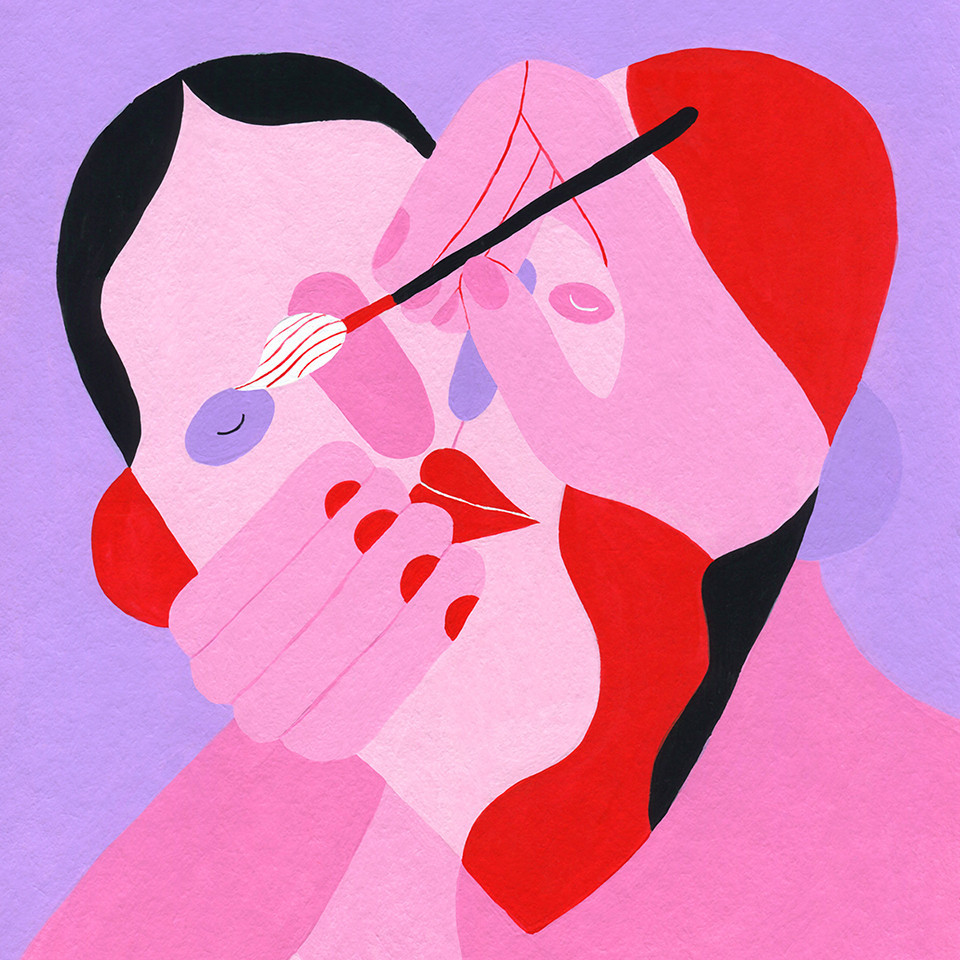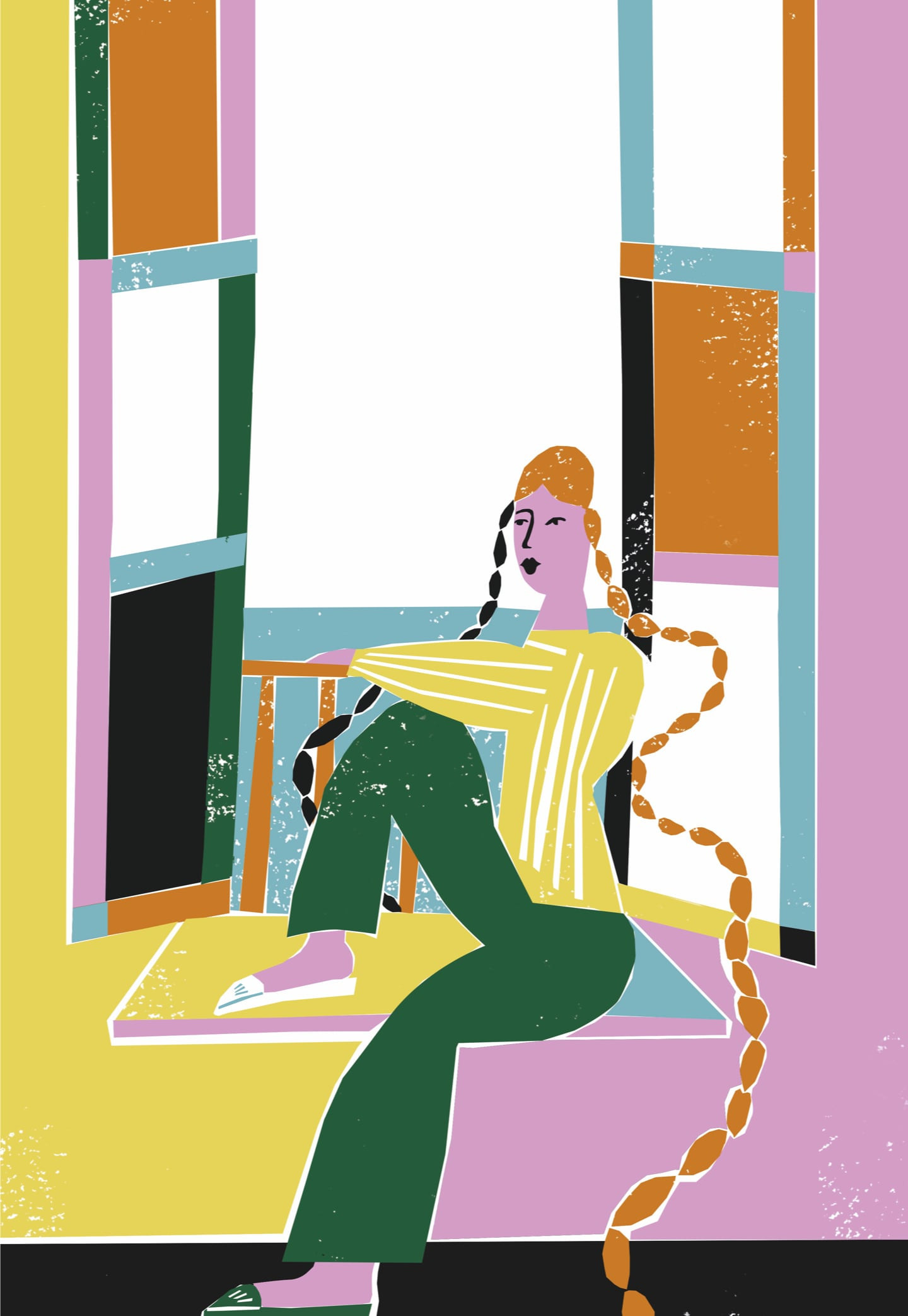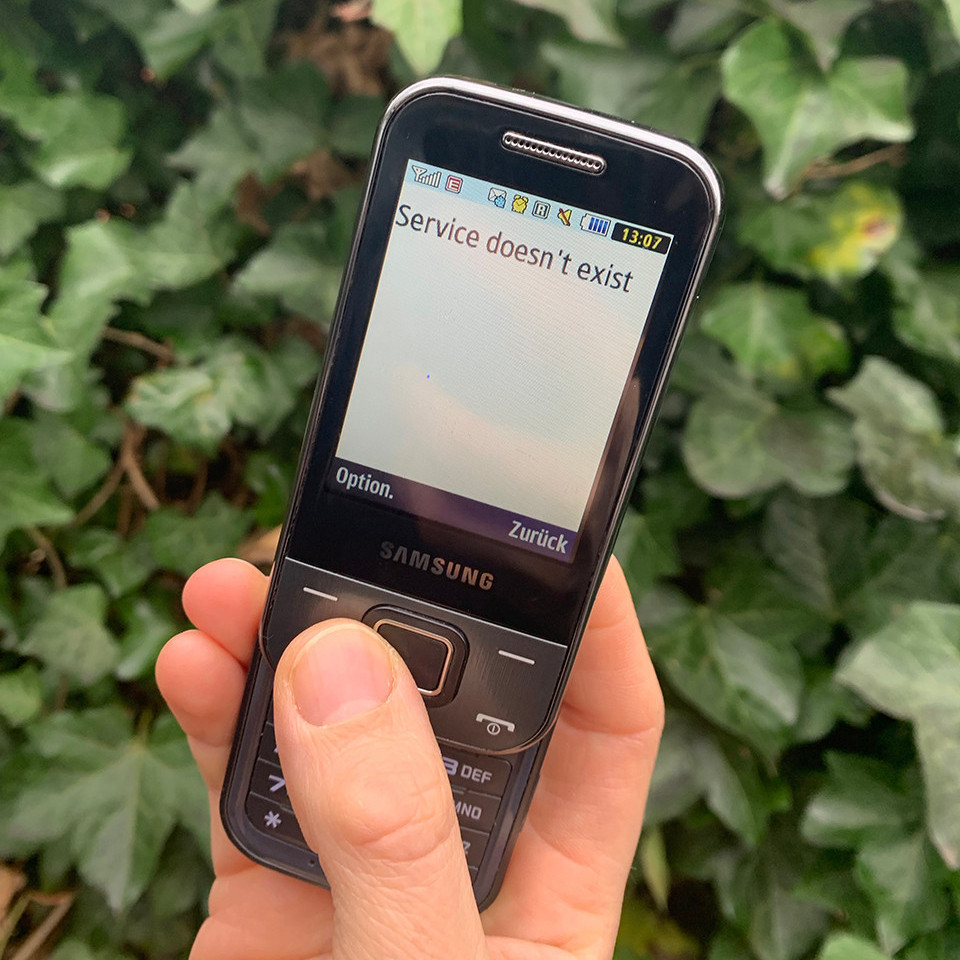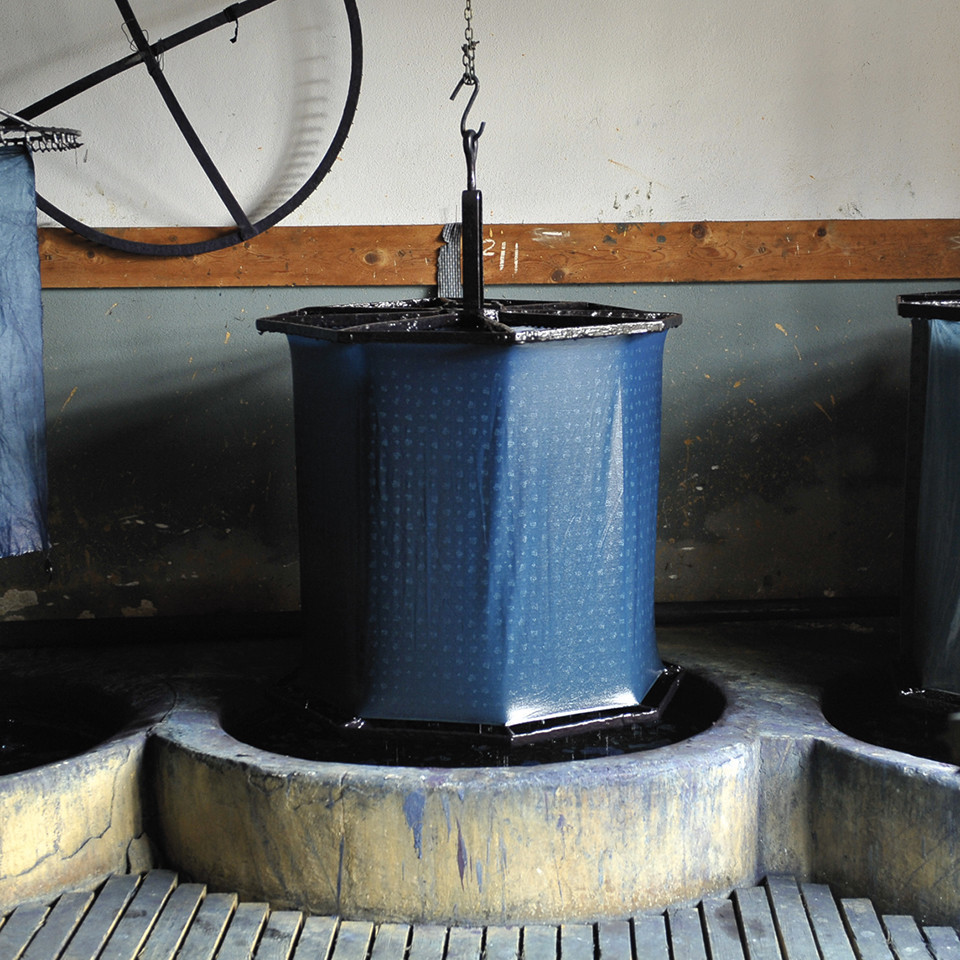
This text was published in HARD COPY 12 / Summer 2021
Langeweile!
Du bist die Mutter
der Musen.
„Boredom! You are the mother of muses.“
– Johann Wolfgang von Goethe

Sheer luxury or pure stress?
Bore-out really is something to be taken seriously, but anyone who is truly bored can react to the feeling by changing the world – his or her own, at least.
A child whinges and whines. What could be wrong with it? Is it hungry? Thirsty? Oh, no. “I’m so bored!” Most of us may still have vague memories of just how boring it could be when the grown-ups were sitting around, talking endlessly, going on and on – incredibly dull. But then boredom disappeared from our life to be replaced by parties, a job, friends, sport, this and that, which meant life was filled with rushing around, hectic activity and stress. Then that feeling of not knowing what on earth to do with ourselves suddenly became the unattainable we longed for.
And then along came 2020 and brought back the boredom – in an utterly inconceivable way. Apart from going for walks, staring at our smartphone, a newspaper or book, there was suddenly nothing for us to do. Yes, life did return to normal in many ways in the summer, but then back we went again to nothing! All of the pastimes we took for granted and enjoyed so much seemed to have been snatched away – going out for a meal, to the pictures, shopping, spending an evening with friends, enjoying a massage, a short break, yoga – everything was closed off, shut down, not allowed.
This seemingly new feeling is as old as the hills. Many philosophers and poets pondered its meaning and recognised its advantage: “Boredom! You are the mother of the muses,” as Johann Wolfgang von Goethe once put it. Nietzsche, too, regarded boredom as the trigger for thought journeys, which he described as the prerequisites for the creation of great artistic works. And Goethe also recognised that it was useful for something else: working through personal issues! “Boredom is a bitter herb – but also a spice that digests much.” But we can also regard boredom as an opportunity for reflection, for coming to terms with our own feelings, and to enjoy a not altogether voluntary idleness, so to speak.
So, not really boring at all. Absolutely fascinating even. And today’s poets also met their Iggy Pop, Dusty Springfield (see playlist), the Ramones – they all sang about boredom, about men, about life without a man, about being bored with life, with society. Sometimes, like Billie Eilish, sometimes apoplectically, like Black Flag.

There’s nothing new about the fact that boredom is not an entirely harmless phenomenon, either. The 17th-century mathematician and philosopher Blaise Pascal realised that what a person suffering from bored feels is “the nothingness of his existence, his isolation, his inadequacy, his dependence, his helplessness, his emptiness.” And if you say these gloomy words to a psychologist today, he will nod and say: and that’s a lot of stress. As contradictory as it may sound – nothingness interpreted as stress. That said, numerous scientists have indeed proved that people who feel bored have an elevated level of the stress hormone cortisol in their blood, higher blood pressure and a faster pulse. People who experience boredom in their job are more likely to have a heart attack than those who have plenty to do at work. Boredom, as we know today, renders us more prone to anger, depression, anxiety, alcoholism and gambling addiction. That’s pretty daunting! Bore-out is the name of the syndrome, and the one or other of us who previously had no experience of it at all will surely have encountered it in 2020/2021.
But the good news is that a healthy adult doesn’t really get bored. There’s no reason why anyone who can read need be bored. Someone complaining of backache from all the reading could regard boredom as an exercise in mindfulness; an opportunity to gain self-awareness or take an eremitical approach to the quiet time of isolation – the home as a private monastery. People who tend towards cabin fever should not only go jogging or walking, they should stroll – amble slowly down the street, taking in the world around them with all their senses.
And to those still defiantly clinging to their cruel lot of boredom, we can, we must perhaps reply with the wisdom of another philosopher, Arthur Schopenhauer: Necessity is the constant scourge of the lower classes, ennui of the higher ones. And boredom is indeed a privilege, even during and after the pandemic. Perhaps we should spare a brief thought (for a change, so to speak) for those who have most definitely not been bored since March 2020: the hospital staff, the doctors, the researchers, the volunteers and most families, or for those who have done all they could to preserve their livelihood and for those who failed in that despite all their efforts. Perhaps then humility will take the place of boredom. Perhaps Goethe’s muse will then come along to give you, us, everyone who’s bored a nudge. What could she whisper in our ear for 2021? Now, when some of us are feeling exhausted and desperate, others thwarted and bored. Perhaps she will simply tell us to ask ourselves one question: “Hey, where am I needed?”
Text by Oda Albers, Illustration by Nanna Prieler
Past Stories
Copy












